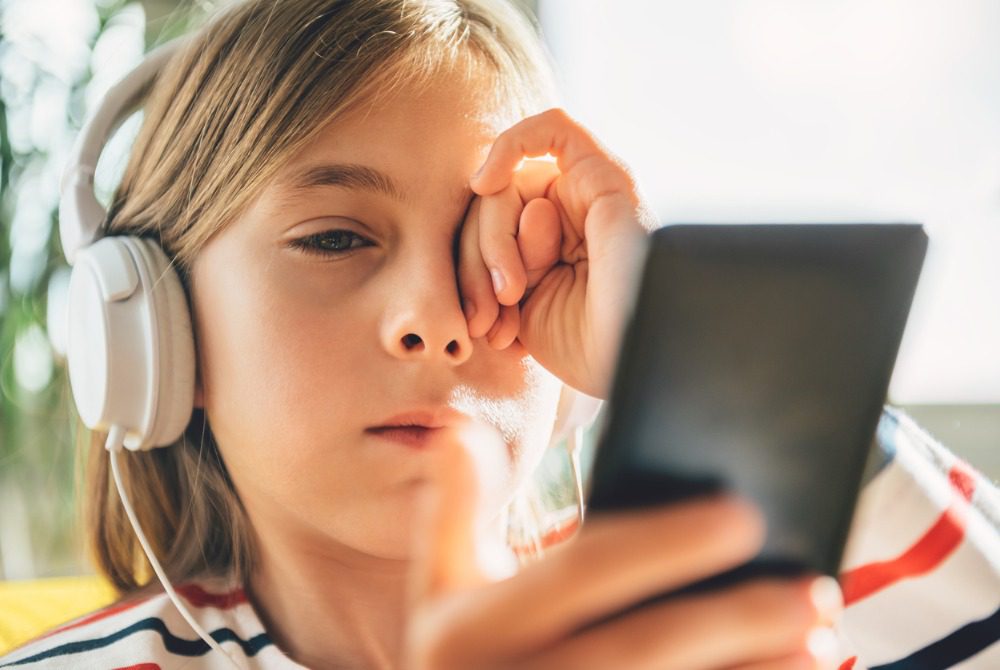It’s no secret that COVID has had a dramatic impact on the way students attend school – but how has it affected academic proficiency and emotional growth? Here’s what the latest research tells us.
The US Department of Education’s Office for Civil Rights recently published a fascinating report on some of the many issues and concerns the pandemic has introduced to students and families. Here are some of the most pressing issues highlighted by the report:
Academic growth. This has been a primary concern among parents and teachers, and unfortunately the results are not surprising: COVID has had an overwhelmingly negative effect on students’ academic growth. The report mentions specifically that core subjects like math and reading are particular problem areas, and that students who were already experiencing difficulties with these subjects (prior to the pandemic) were likely to fall behind further. According to research, the expected learning loss in students amounts to 3-5 months in mathematics and 1-2 months in reading. We believe the number one way to combat COVID learning loss is to work with a tutor that can identify any specific areas your child needs help understanding. By catering a learning plan to fit a student’s individual needs and instructional preferences, tutors can work to effectively close any academic gaps in a student’s learning.
Mental health. For both adults and children, mental health awareness has been frequently discussed throughout the pandemic. As many kids rely on social interaction and physical activities for enjoyment, the pandemic has created a real struggle for many families. According to recent surveys, 45% of students say they have experienced harm to their emotional health due to a separation from their classmates and teachers. With health and safety remaining a top priority, this is a difficult subject with no “perfect” solution (at least for the time being). We recommend parents try to be especially mindful of behavioral changes in their kids, and to encourage open lines of communication about feelings and emotions. Many families have been able to ease this burden of social isolation by forming small “pods” or safety nets for kids to learn and play together with siblings and close friends. To learn more about pod tutoring, click here.
Students with disabilities. Reports also indicate that students with disabilities are even more impacted, with both academic growth and emotional well-being negatively affected. According to the report, the pandemic significantly reduced the availability of aids and services that are usually available (and relied upon) to help with the student’s academic progress. If you have a child with a disability, it’s a good idea to reach out to their teacher and any trusted medical professionals for advice. In many cases, students with disabilities can benefit from working with a tutor who is specifically trained to work with individuals who have exceptional needs.



